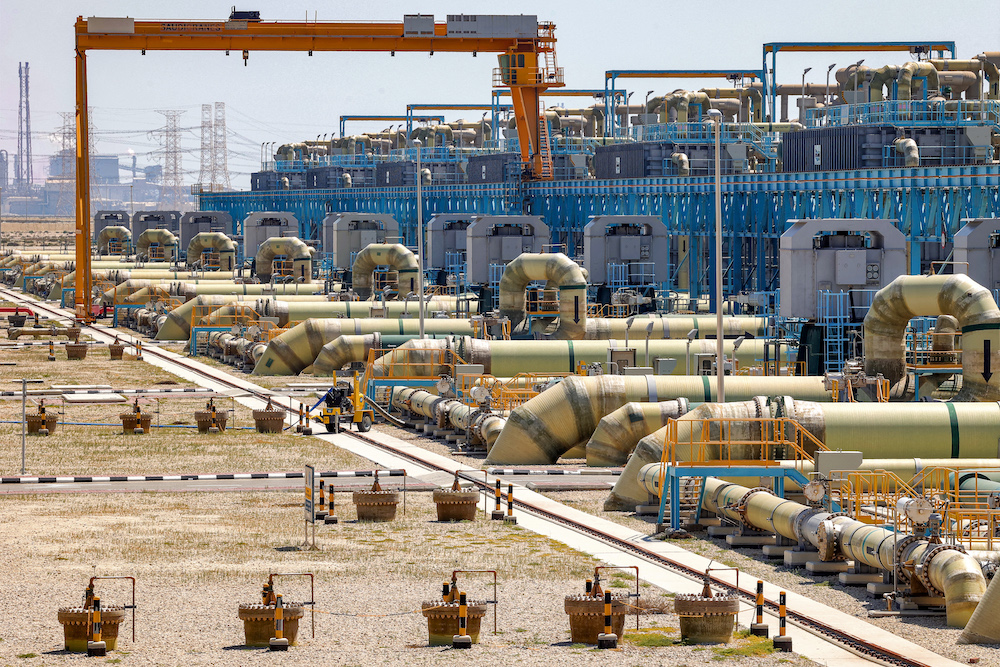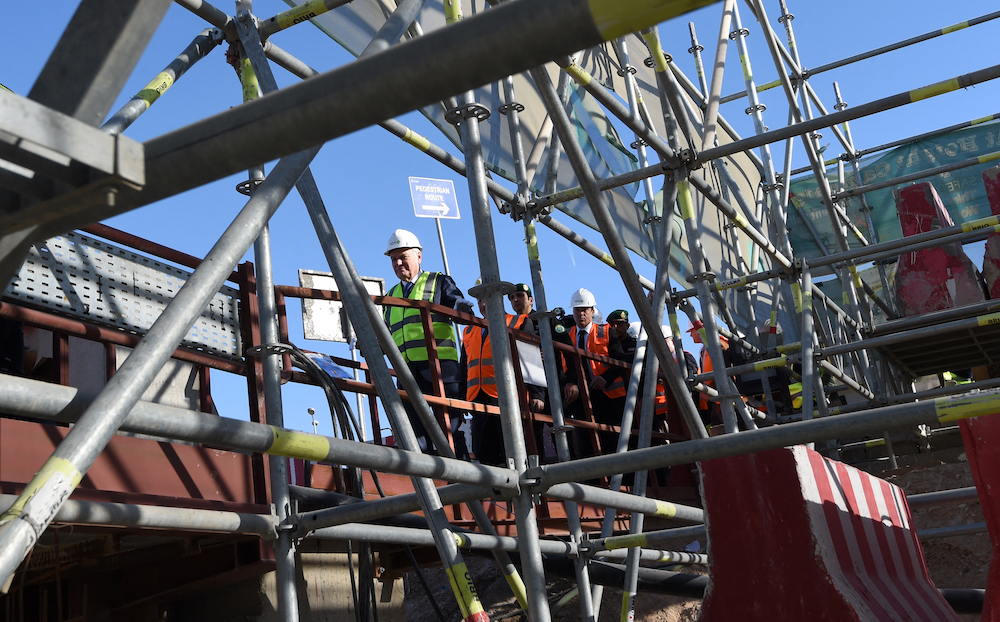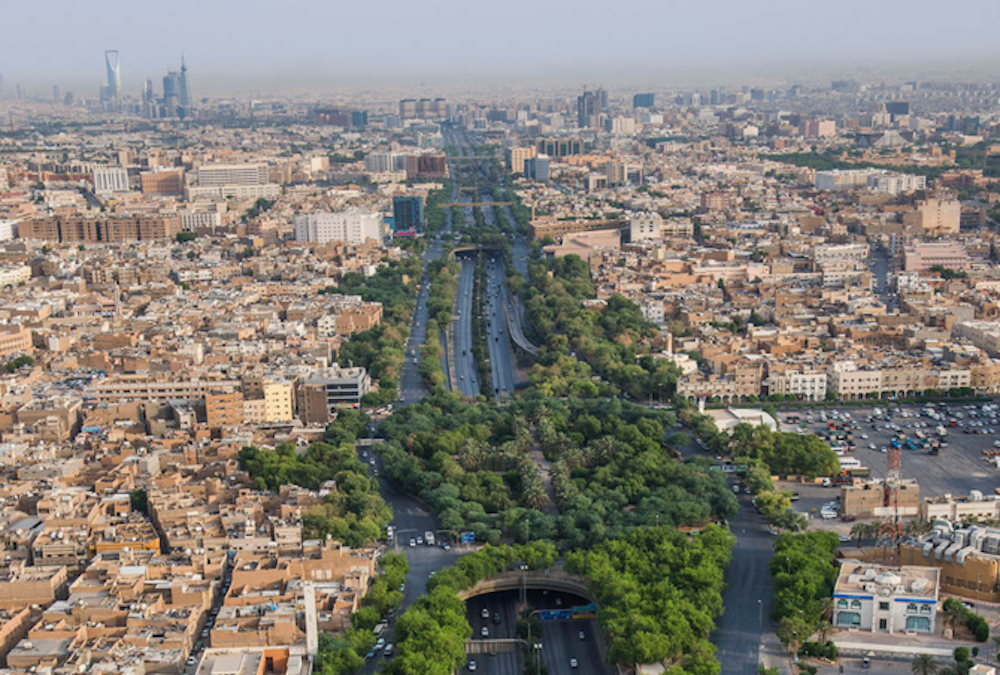RIYADH: Riyadh’s new metro system will offer time-efficient transportation to all segments of society, the CEO of the Saudi Quality of Life Program has said.
The working hours of the Riyadh Metro begin daily from 6 a.m. until midnight, with multiple trips operating around the clock on each of the six metro lines.
The headway between each train at a station does not exceed “a few minutes,” said Salem Al-Omair, manager of the Yellow Line.
“There are several ways to purchase tickets, including ticket vending machines available at the stations, where passengers can choose the appropriate package and obtain a Darb card. Tickets can also be purchased at the information desks located within the stations,” Al-Omair told Arab News.
The capacity of the trains is similar, ranging between 240 and 260 passengers per trip. Riyadh Metro, a key pillar of Saudi Vision 2030, is a crucial step toward reducing traffic congestion in Riyadh, he said.
Quality of Life Program CEO Khalid Al-Baker told Arab News that the Riyadh Metro is a significant step toward enhancing quality of life in the Kingdom’s capital. It diversifies public transportation options and promotes a culture of using mass transit, thereby reducing excessive reliance on private vehicles.

The project also helps ease road congestion and provides a fast, time-efficient transportation solution at prices accessible to various segments of society, he added.
The metro will enhance Riyadh’s appeal and drive urban development in areas surrounding stations. Additionally, it will facilitate access to the capital’s major destinations through comfortable and efficient transportation options, Al-Baker said.
The project, which was inaugurated by King Salman, is providing job opportunities, and is expected to play a larger role in the future in enhancing the appeal of Riyadh and supporting the achievement of Saudi Vision 2030 goals, he added.
The first three lines of the Riyadh Metro opened on Dec. 1, forming part of the largest urban railway network in the Middle East.
The first phase of the Riyadh Metro starts with three lines: The Blue Line, connecting Olaya Street to Al Batʼha; the Yellow Line, running along King Khalid International Airport Road; and the Purple Line, covering Abdul Rahman bin Awf Road and Al-Shaikh Hassan Bin Hussain Street.
The Red Line, covering King Abdullah Road, and the Green Line, spanning King Abdulaziz Road, are both scheduled to open on Dec. 15, while the Orange Line, which covers Madinah Road, begins operations on Jan. 5.

The total length of Riyadh Metro’s six lines covers 176 km, including 85 stations, with four primary stations.
The Orange Line is the longest in the Riyadh Metro project, extending about 41 km. It is followed by the Blue Line, the backbone of the whole project as it connects with all other lines over a length of 38 km.
The Green Line along King Abdulaziz Road is about 13 km long, while the Red Line on King Abdullah Road stretches almost 25 km. As for the Purple and Yellow lines, they are about 28 and 29 km long, respectively.
The Riyadh Metro was launched 12 years after the project was announced in April 2012, when the Saudi Cabinet approved the implementation of the public transport project and formed a high-level committee to oversee it.
The contracts for the Riyadh Metro project were awarded in 2013 to three global consortiums, with a total value of about $22.5 billion.
The project features several sustainable characteristics that promote eco-friendly transportation options. The metro system employs energy-efficient trains and stations, as well as technologies like regenerative braking to reduce energy consumption.
Additionally, some stations will be equipped with thousands of solar panels, and each metro station will rely on electricity sourced from renewable energy along the six lines.

































